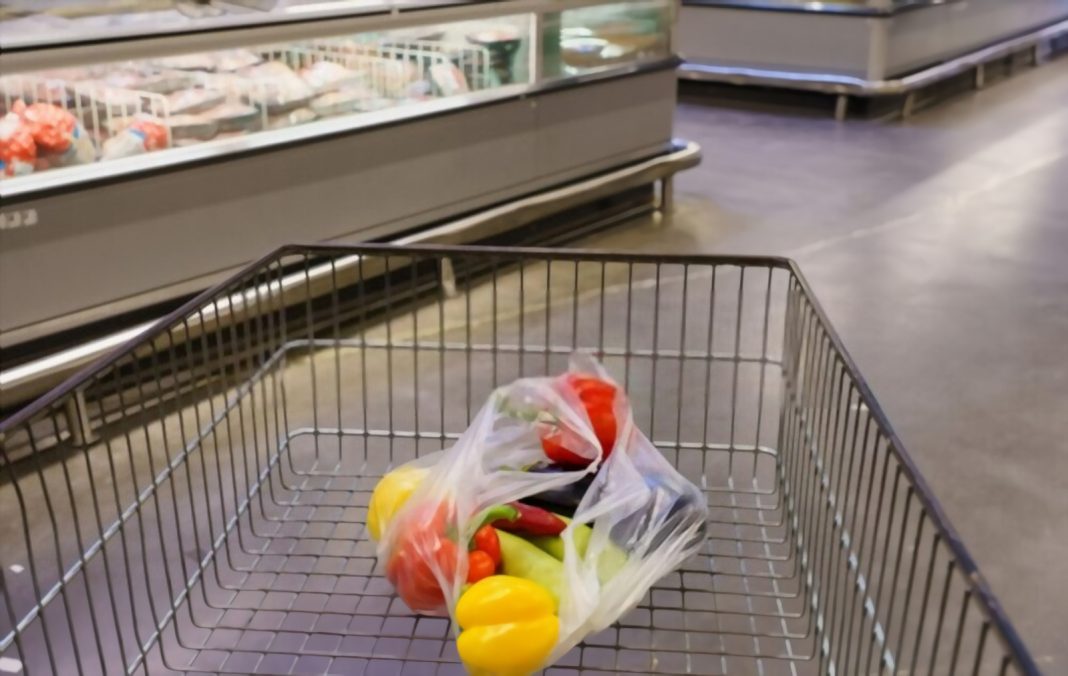What effect did food Inflation in the UK have on the British lifestyle change?
How high is UK inflation rate?
How much have rising food prices increased the cost of living for the British?
How many Britons are worried about food inflation and cost of Living crisis?
Food inflation in the UK has become a concern for more than 75% of Britons.
The British had to skip meals
The Food Standards Agency (FSA) says the number of people forced to skip meals or use food banks has risen over the past year. According to the Guardian, the cost of food had become a significant concern for three-quarters of the British population. The number of Britons forced to use the food bank or skip some meals has risen in the past year.
The British are worried about food prices
According to the Food Standards Agency, food prices are a significant future concern for more than three-quarters of British consumers (76%). Also, the number of food bank users increased from almost one in 10 people in March 2021 to nearly one in six in March this year. More than one in five people (22%) surveyed in March said they skipped a meal or reduced the size of their meals; Because they could not afford to buy food.
Unprecedented UK inflation rate
The 9 percent increase in the consumer price index is the highest since the current record was set in 1989, surpassing the 8.4 percent annual growth recorded in March 1992 and well above the 7 per cent seen in March this year. The Office for National Statistics said its estimates showed that UK inflation rate in last year was around 1982 higher than todays. Since April 1, the British energy regulator has raised the household energy price ceiling to 54% following wholesale energy prices, including an unprecedented rise in world gasoline prices. The Bank of England has raised interest rates in four consecutive stages.
The cost of living crisis in the UK
A recent poll shows that a quarter of Britons have resorted to skipping meals due to food Inflation in the UK. The British Chambers of Commerce have warned that inflation is worrying and the problem exacerbates the household cost of living. According to a survey in the UK, a quarter of Britons have skipped meals to make ends meet following an unprecedented rise in food prices. According to Sky News, UK survey results show that one of every four Britons reflects their meals to cover their living expenses as food inflation rate in the UK. Many have reduced or discontinued the use of heating systems due to increasing energy prices.
The British are worried about the cost of living
According to a survey by Ipsos for Sky News, one in four people will skip meals, and four out of five are worried about rising living costs in the coming months. The survey shows that more than half of people earning less than £20,000 a year worried about the cost of living in the next six months. This index has reached two out of five people with an annual income of more than £55,000. The results also show that three out of five Britons have turned off the heating system to reduce energy bills due to rising energy prices. The survey also indicates that about one in five people has borrowed money to make a living.
Lifestyle changes to manage costs
Another way people are trying to reduce is to drive less and reduce gasoline consumption. More than half of the respondents in the survey have given up or reduced their personal car use. The Ipsos poll, conducted on May 11 and 12, polled 2,061 Britons between the ages of 16 and 75. The UK’s average gasoline and diesel price reached its highest level this year after the start of the Russian invasion of Ukraine. So with the Bank of England forecasting 10 percent inflation, many people have changed their lifestyles to reduce bills.
According to official statistics, inflation in April this year reached its highest level in more than 40 years. Official figures show that UK inflation rose 9% in April to a 40-year high. Food and energy prices in the UK have risen, exacerbating the cost of living crisis in the country. The consumer price index in the UK has increased by 2.5% compared to the previous month.

